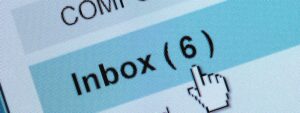Memes are a massive part of the online experience, especially on social media channels. Memes have quickly become a huge part of the internet, used commonly on Facebook, Twitter and even Instagram, with even brands opting to use brands to help increase engagement.
For the most part memes are entertaining, due to how funny, sarcastic and attention grabbing they, which is why many businesses are choosing to use them to their advantage. When used correctly memes can be great for businesses, however more often than not using memes in marketing can backfire massively.








